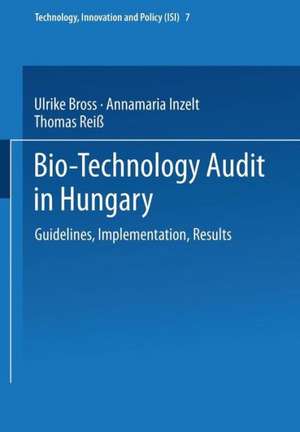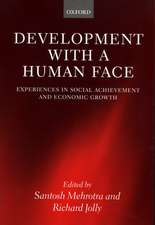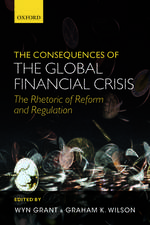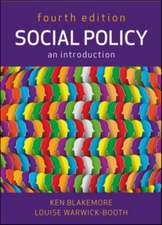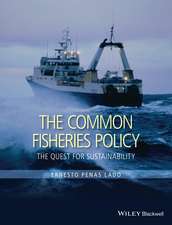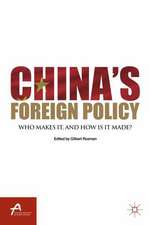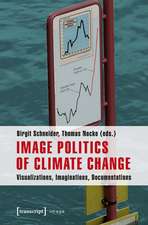Bio-Technology Audit in Hungary: Guidelines, Implementation, Results: Technology, Innovation and Policy (ISI), cartea 7
Autor Ulrike Bross, Annamaria Inzelt, Thomas Reißen Limba Engleză Paperback – 5 mai 1998
Preț: 386.99 lei
Nou
Puncte Express: 580
Preț estimativ în valută:
74.06€ • 77.03$ • 61.14£
74.06€ • 77.03$ • 61.14£
Carte tipărită la comandă
Livrare economică 15-29 aprilie
Preluare comenzi: 021 569.72.76
Specificații
ISBN-13: 9783790810929
ISBN-10: 3790810924
Pagini: 240
Ilustrații: XIII, 224 p.
Dimensiuni: 170 x 244 x 13 mm
Greutate: 0.39 kg
Editura: Physica-Verlag HD
Colecția Physica
Seria Technology, Innovation and Policy (ISI)
Locul publicării:Heidelberg, Germany
ISBN-10: 3790810924
Pagini: 240
Ilustrații: XIII, 224 p.
Dimensiuni: 170 x 244 x 13 mm
Greutate: 0.39 kg
Editura: Physica-Verlag HD
Colecția Physica
Seria Technology, Innovation and Policy (ISI)
Locul publicării:Heidelberg, Germany
Public țintă
ResearchCuprins
Summary.- I. Technology Audit Guidelines for Central and Eastern European Countries.- 1. Introduction.- 2. Situation in Central and Eastern European Countries.- 3. Principles of Technology Audit.- 4. Pilot Technology Audits in Hungary.- 5. Guideline for Technology Audit in CEECs.- II. Biotechnology Audit of Hungary.- 1. Introduction.- 2. International Development of Biotechnology.- 3. State and Development of Hungarian Biotechnology.- 4. Comparison of International and Hungarian Development of Biotechnology.- 5. Conclusions.- 6. References.- Annex.- Annex I: Methodological Notes.- Annex II: Revised Hungarian Intellectual Property Rights.- Annex III: List of Investigated Institutes and Firms.
Textul de pe ultima copertă
Sustained economic growth in Central and Eastern European Countries depends among others on a radical technological restructuring. The instrument of technology audit supports policy makers in designing appropriate strategies for shaping science and technology policies in this process. The book develops in its conceptual part a methodology for the analysis of strengths and weaknesses of R&D systems and future areas of competitiveness which can be transferred also to other countries in periods of intense technological development. These guidelines are based on international best practice of evaluation research and practical experiences in the transition context. The empirical part of the book presents the findings of a technology audit in the field of biotechnology in Hungary. Based on an international comparison of success factors in biotechnology, promising areas for Hunagrian science and industry are identified. The book provides guidelines for researchers and policy makers and offers an extensive survey of the current state of biotechnology in Hungary.
